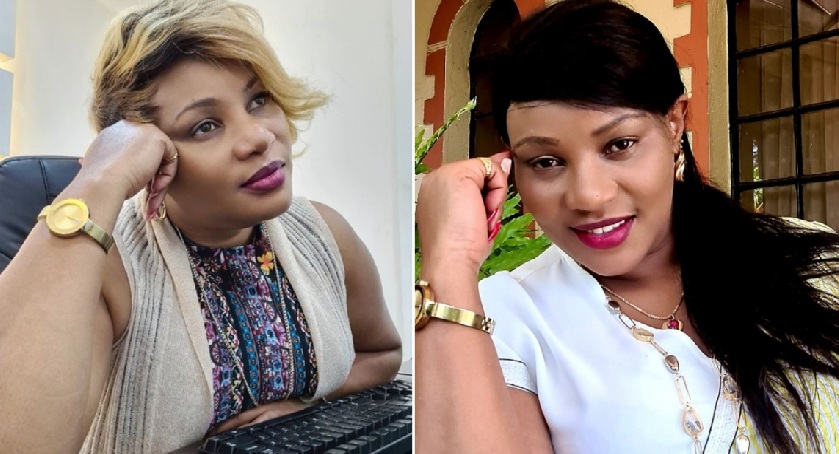Loise Kim is widely known for her unwavering commitment to the gospel and her beliefs, regardless of the consequences.
A few hours ago, she took to her official Facebook page to ask her followers whether they had returned home or were still in the village after visiting for Christmas. She also wished them a good night and shared a stunning full-body photo that had Kenyans buzzing about her beauty.

However, one follower commented, suggesting that as a musician, she should hit the gym to stay fit rather than "looking like a maid."
This caught Loise Kim’s attention, and she responded with grace and respect. She told the commenter that her body belongs to her and that she feels no discomfort with the way it is.
In the digital age, social media has become a platform for self-expression, connection, and entertainment. However, it has also given rise to a troubling trend—online body shaming. Many individuals, especially public figures, influencers, and celebrities, face relentless criticism about their physical appearance from anonymous users who hide behind screens.
Body shaming can take many forms, from negative comments about weight and body shape to unrealistic beauty expectations imposed by social media culture. These hurtful remarks can have severe emotional and psychological effects, leading to anxiety, depression, and even eating disorders. Unfortunately, online platforms often fail to take strict action against such behavior, allowing body shamers to continue their toxic habits.
Despite this, many people are fighting back against body shaming by promoting self-love and body positivity. Celebrities and influencers are using their platforms to call out harmful comments and encourage others to embrace their natural selves. Campaigns like #BodyPositivity and #SelfLove have gained traction, urging social media users to be kinder and more supportive.
Ultimately, combating online body shaming requires collective action. Social media platforms must implement stricter policies, while individuals should practice empathy and uplift others instead of tearing them down. A more positive and inclusive online space benefits everyone.









